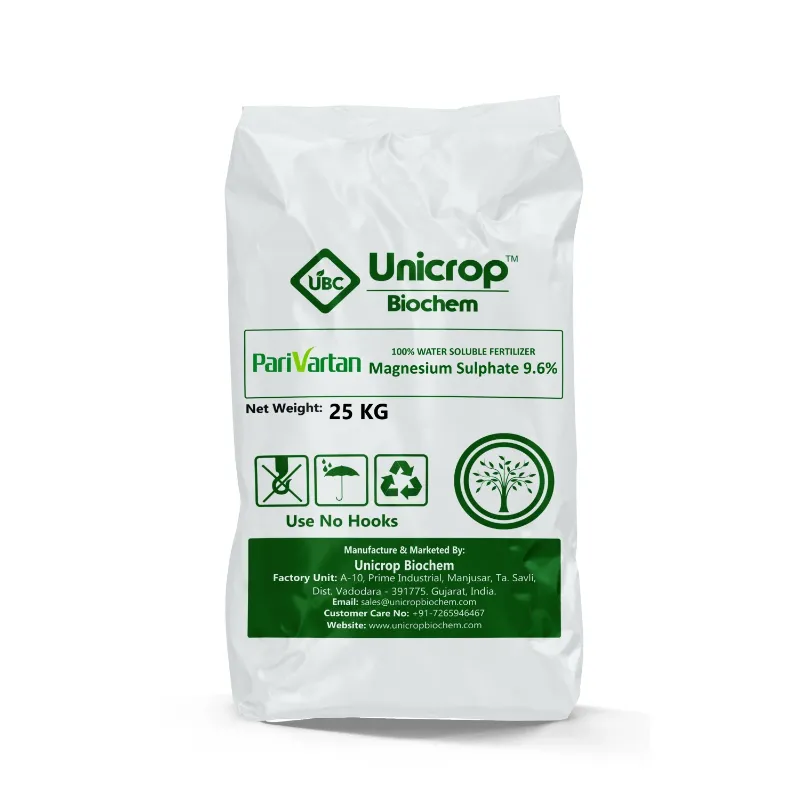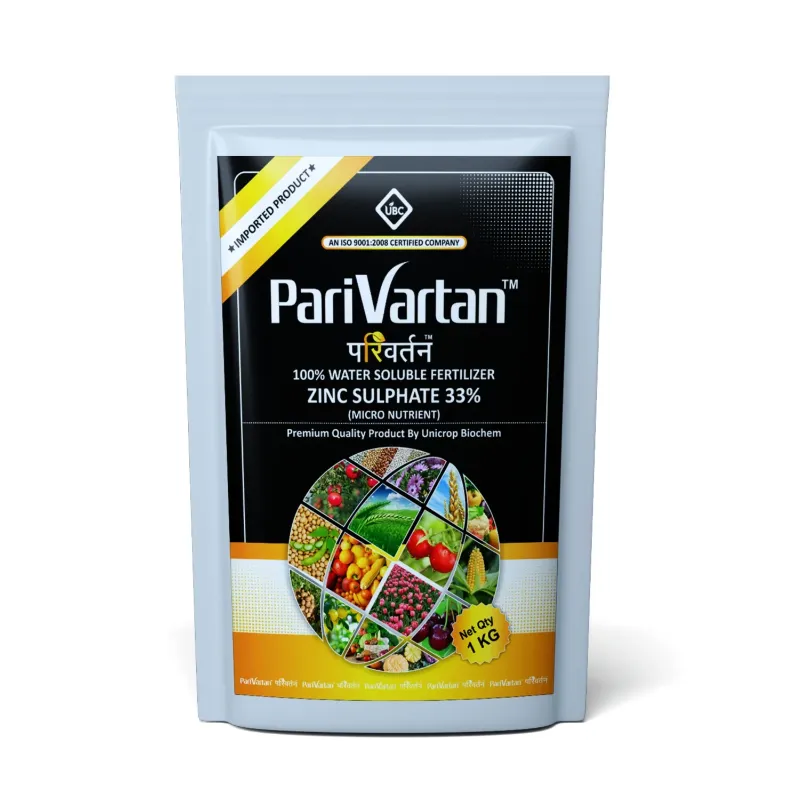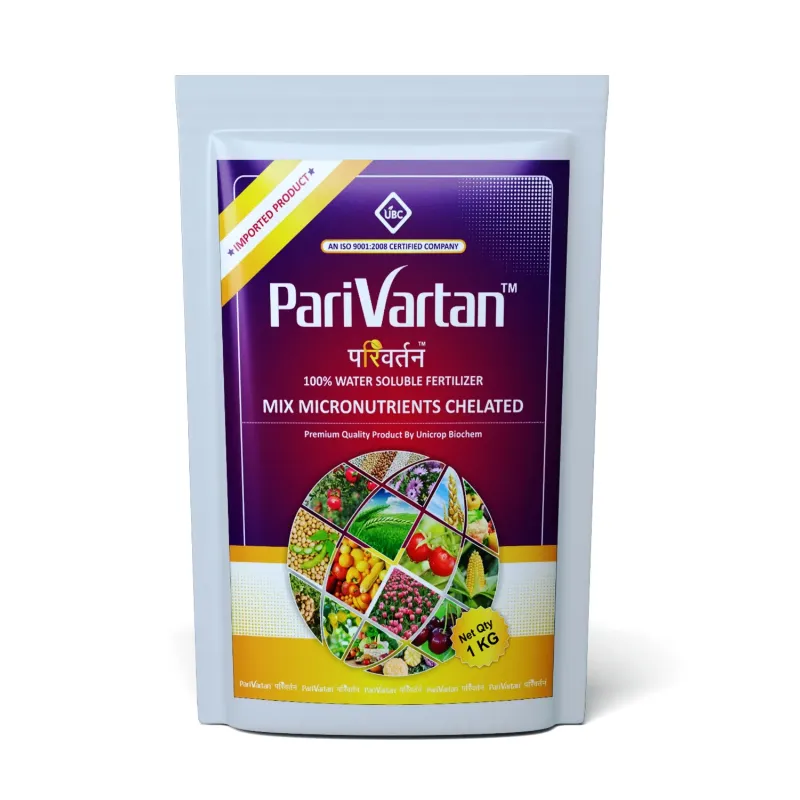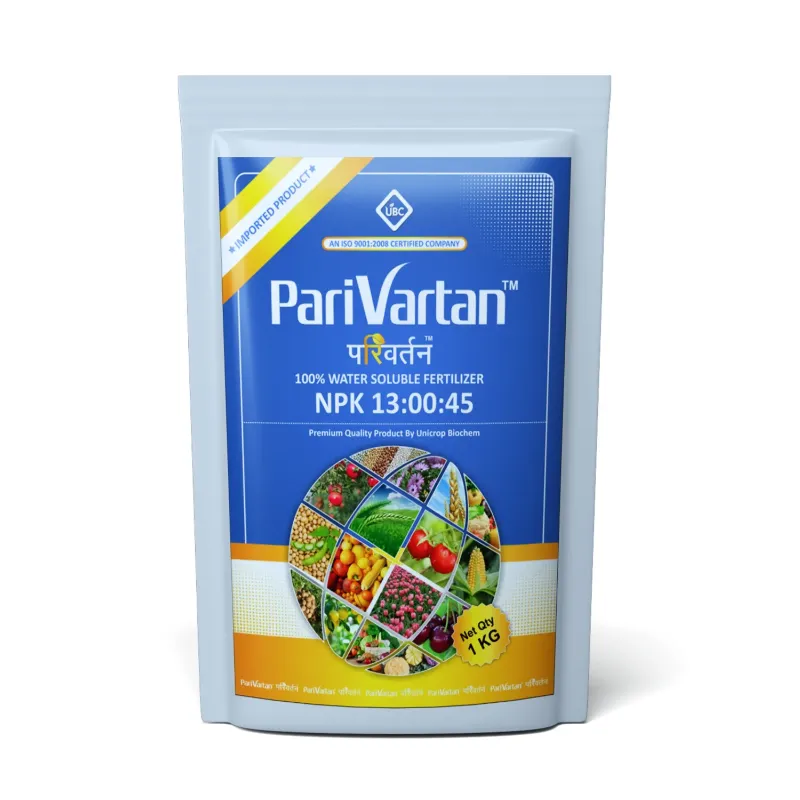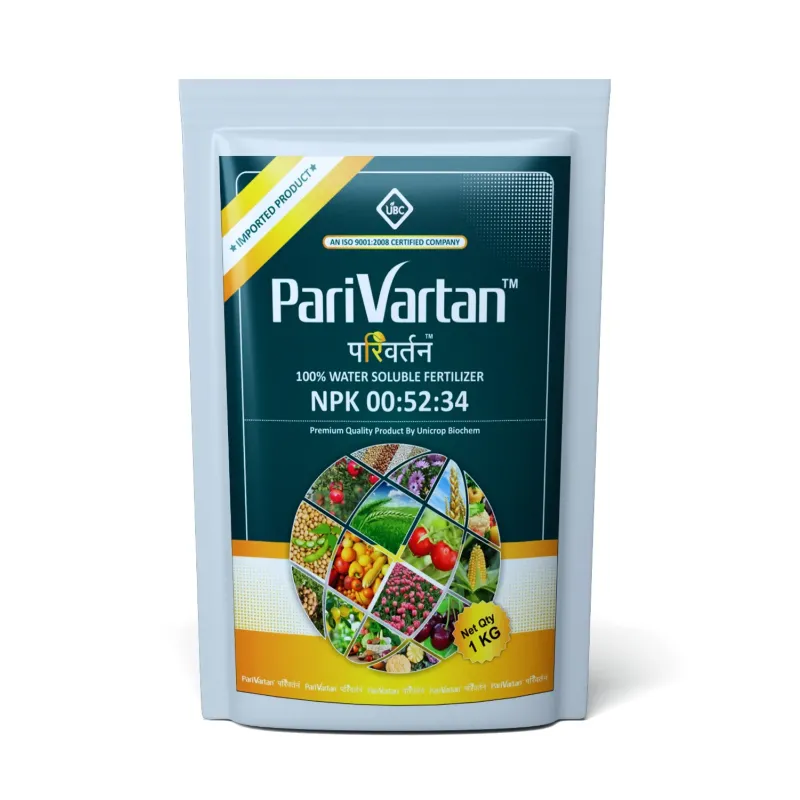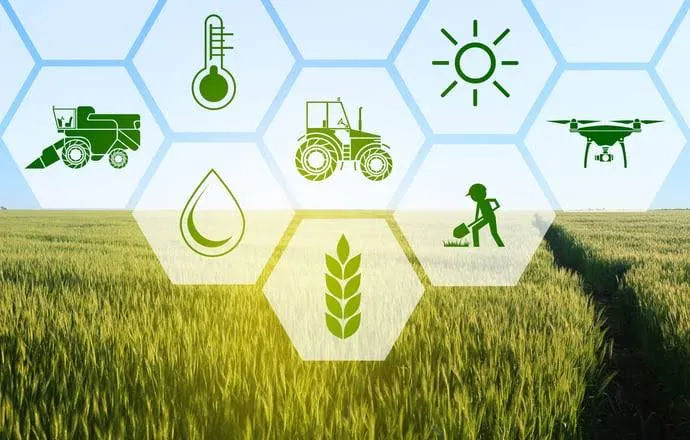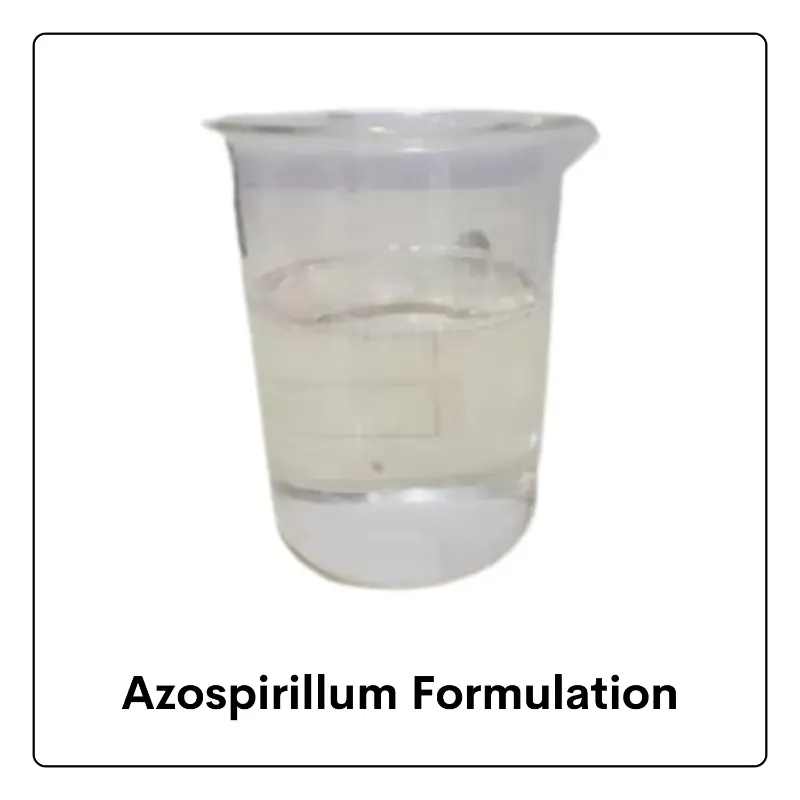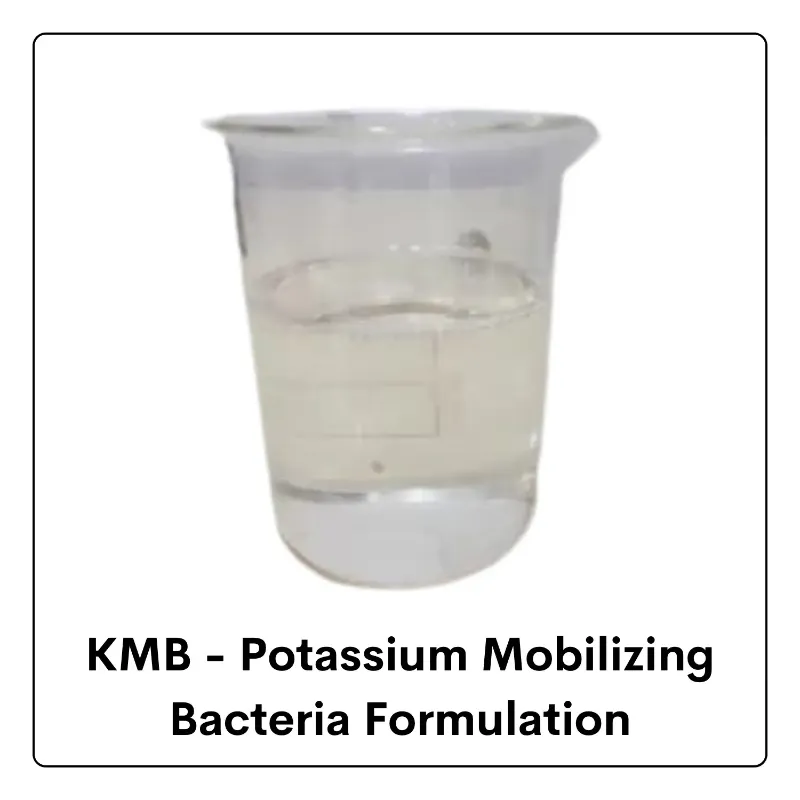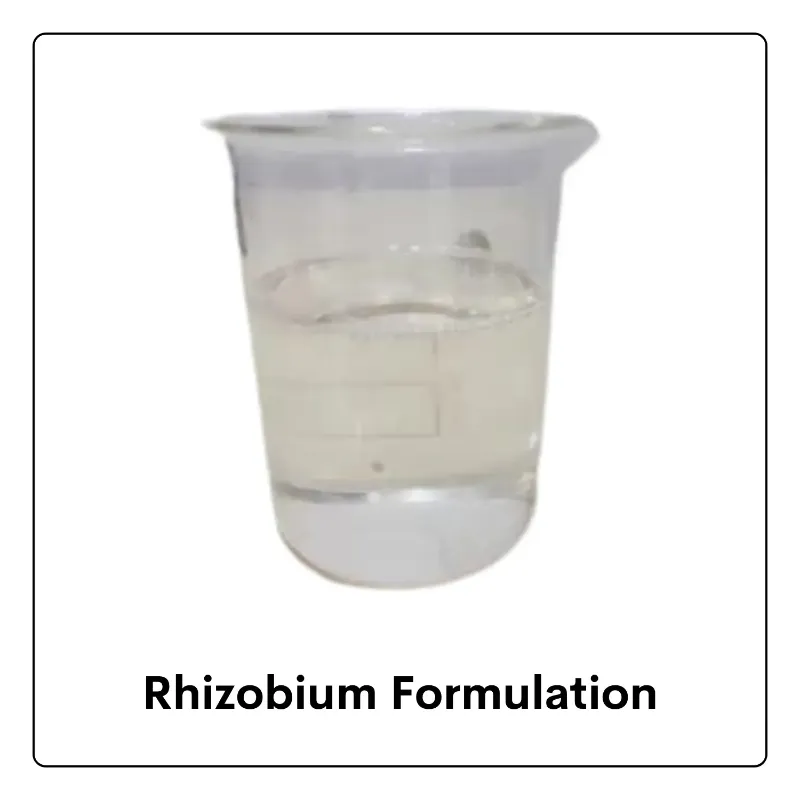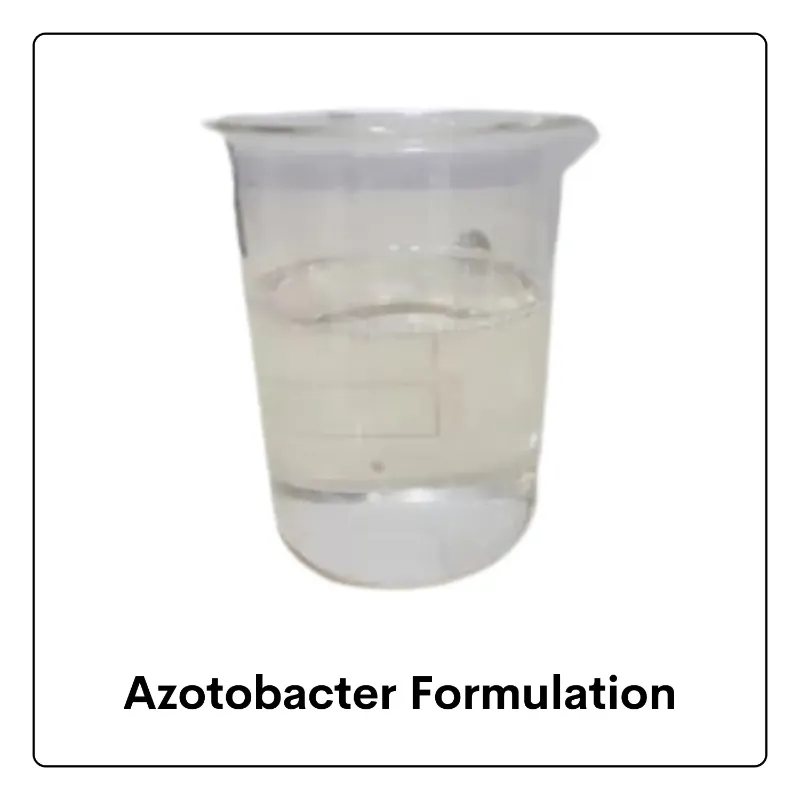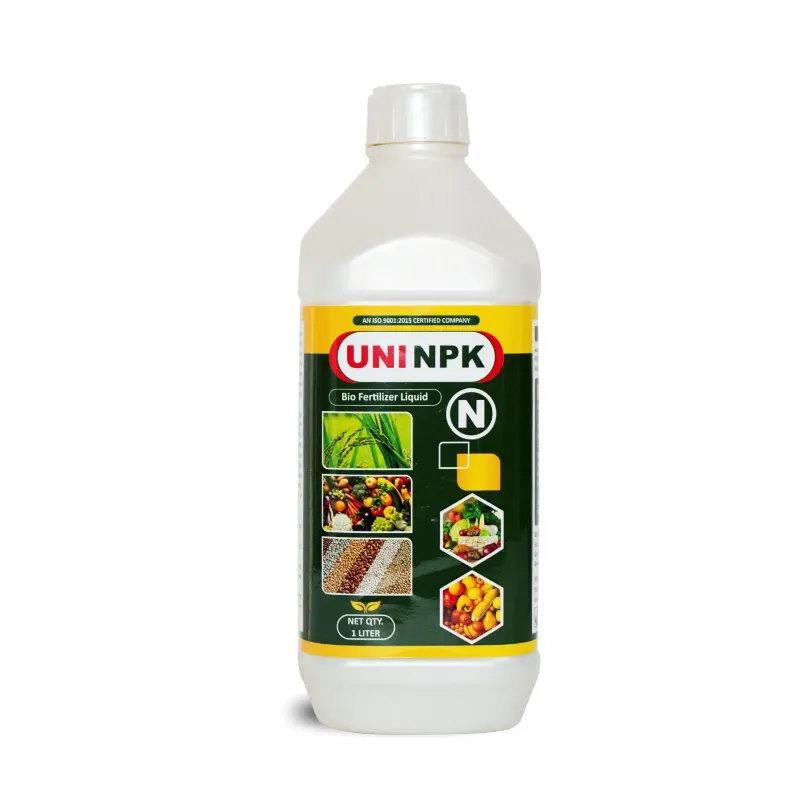Precision agriculture has revolutionized modern farming practices by integrating advanced technologies to optimize resource utilization, improve crop management, and enhance overall farm efficiency. One area where precision agriculture techniques have had a significant impact is in the management of fertilizers. So In this blog post, we’ll explore how precision agriculture techniques influence fertilizer use, leading to more efficient and sustainable farming practices.
Targeted Application:
Precision agriculture techniques, such as GPS-guided machinery and variable rate technology (VRT), enable farmers to apply fertilizers with pinpoint accuracy, targeting specific areas of the field based on soil variability and crop needs. By mapping soil properties, nutrient levels, and crop health parameters, farmers can create prescription maps that dictate precise fertilizer application rates for different zones within the field. This targeted approach minimizes fertilizer wastage and ensures that crops receive the right amount of nutrients where they need it most, optimizing nutrient use efficiency.
Soil and Crop Sensing:
Advancements in sensor technology allow farmers to collect real-time data on soil conditions and crop health, providing valuable insights for fertilizer management decisions. Soil sensors measure key soil parameters such as moisture content, pH levels, and nutrient concentrations, allowing farmers to adjust fertilizer applications in response to dynamic soil conditions. Similarly, crop sensors can assess plant vigor, nutrient status, and biomass accumulation, guiding decisions on fertilizer timing and rates to meet crop demands at various growth stages.
Variable Rate Application:
Variable rate application (VRA) technology enables farmers to adjust fertilizer application rates on-the-go and based on site-specific data and agronomic prescriptions. By using VRA equipment mounted on precision agriculture machinery, farmers can apply fertilizers at variable rates across the field, responding to spatial variability in soil properties, crop requirements, and yield potential. This adaptive approach optimizes fertilizer use, minimizes over-application in nutrient-rich areas, and ensures adequate nutrient supply in nutrient-deficient zones, ultimately improving crop performance and reducing environmental impact.
Remote Sensing and Imaging:
Remote sensing technologies, including satellite imagery, aerial drones, and unmanned aerial vehicles (UAVs), provide farmers with valuable information on crop health, biomass, and nutrient stress levels. By analyzing remote sensing data, farmers can identify areas of the field that may require additional fertilizer inputs or corrective measures to address nutrient deficiencies or imbalances. This proactive approach allows for targeted fertilizer applications, optimizing nutrient use efficiency and promoting sustainable crop growth while reducing the risk of over-fertilization.
Data-Driven Decision Making:
Precision agriculture relies on data-driven decision-making processes, where farmers integrate information from multiple sources to optimize fertilizer management practices. By collecting and analyzing data on soil properties, crop performance, weather patterns, and historical yield data, farmers can make informed decisions regarding fertilizer selection, application timing, and rates because This data-driven approach maximizes the effectiveness of fertilizer applications, enhances farm profitability, and minimizes environmental impact by reducing nutrient losses and runoff.
Conclusion:
Precision agriculture techniques have transformed fertilizer management in modern farming, enabling farmers to optimize nutrient use efficiency, reduce input costs, and enhance crop productivity while minimizing environmental impact. By leveraging advanced technologies and data-driven decision-making processes, farmers can implement precise and targeted fertilizer applications that meet the nutrient needs of crops while promoting sustainability and long-term farm profitability.
